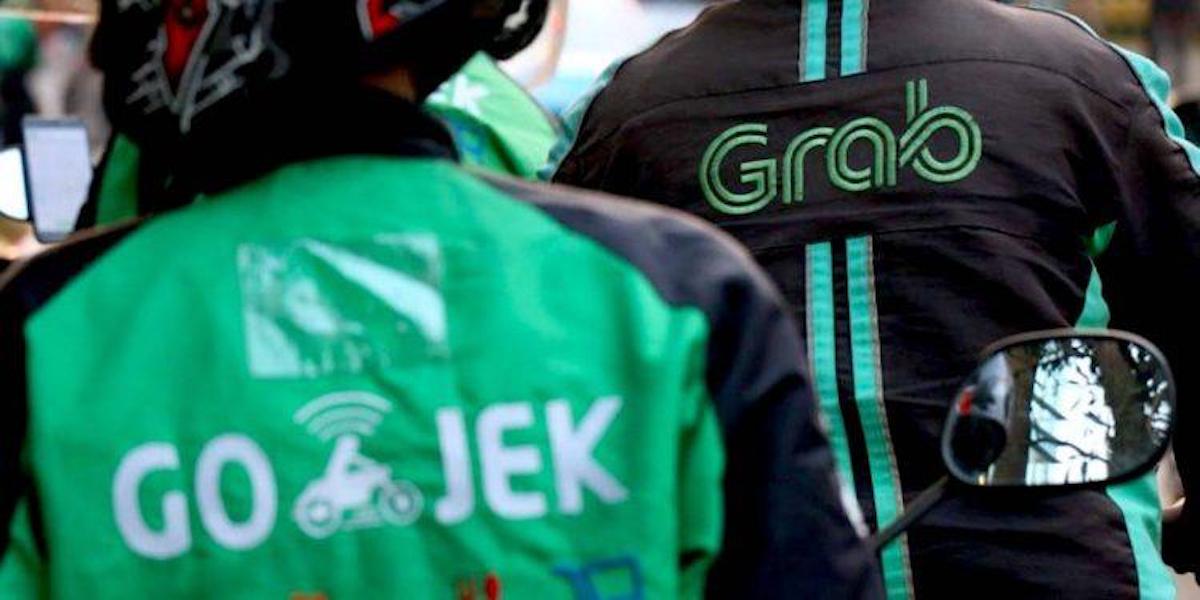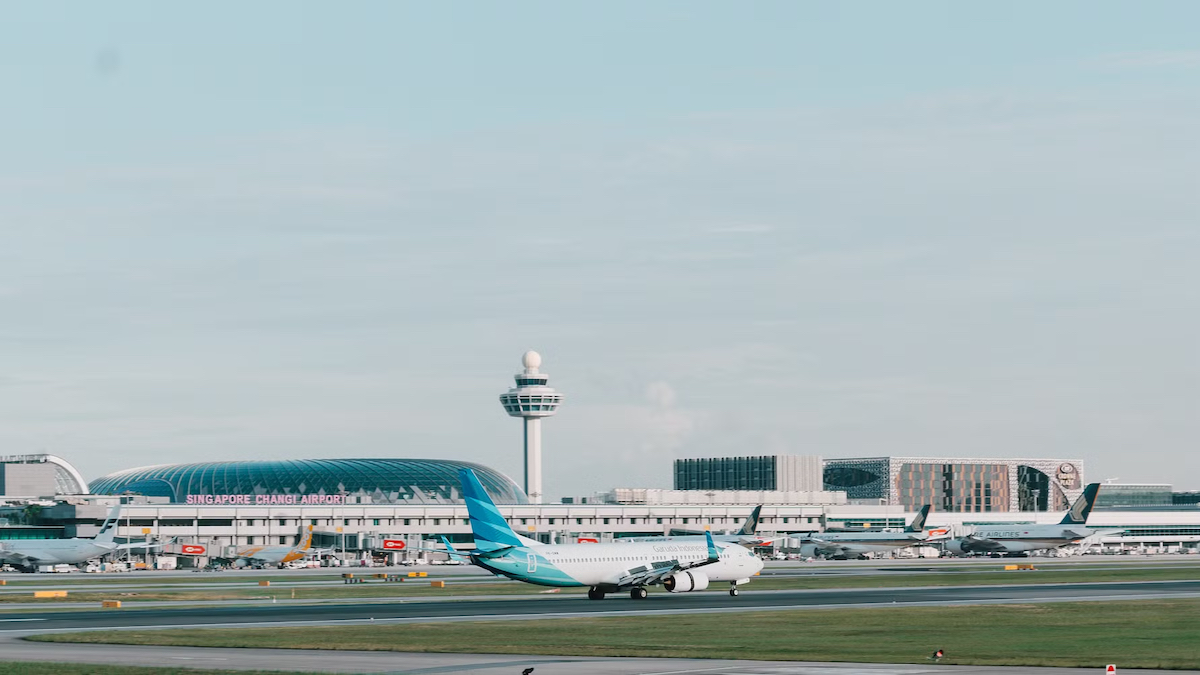[Update: 25 February 2020, 2.35pm]
Responding to the reports surrounding the potential Grab-Gojek merger, Gojek has stepped up to refute the allegations.
“There are no plans for any sort of merger, and recent media reports regarding discussions of this nature are not accurate,” said a Gojek spokesperson.
Meanwhile, Grab has declined to comment on this matter.
—
Southeast Asia’s two largest ride-hailing and food delivery firms Grab and Gojek are discussing a potential merger, according to The Information.
If this merger comes through, they would create one of the world’s most highly-valued startups. Currently, Grab and Gojek are valued at US$14 billion and US$9 billion respectively.
People familiar with the matter told The Information that the management of the two firms have held multiple meetings over the past two years, and the merger discussions have since grown serious over the last couple of months.
It reported that the latest round of talks took place early this month, involving Grab President Ming Maa and Gojek CEO Andre Soelistyo, adding that both sides are far from an agreement.
The merger is still up in the air, but a potential deal-breaker would be who will control the combined entity. Should the deal take place, Gojek allegedly wants a 50-50 deal, while Grab wants a significant majority.
For now, both firms are trying to cut down on losses caused by “costly fights for market share.”
According to a senior executive linked to one of these companies, ride-hailing firms Ola and Uber also jumped into a similar arrangement in India, where they reduced driver incentives and raised prices.
However, a Gojek executive said that the strategy of cutting down on driver subsidies or increasing prices is seen as “illegal” here. If they take on such actions, both firms would be charged with price collusion by regulators across the region, he added.
Even when Grab acquired Uber’s Southeast Asia business in 2018, the competition watchdogs didn’t make it easy for them — both were slapped with a total of S$13 million fines.
A potential saving grace is Gojek’s co-founder and ex-CEO Nadiem Makarim, who is now a government minister. With presumably closer ties with the Indonesian authorities, could he help influence the relaxation of anti-competition rules in the country?
Is This Grab-Gojek Merger Possible?
The potential merger between the two entities have been heavily discussed in the startup community.
It definitely makes business sense. A combined entity would help to increase efficiency and cost-savings, as well as optimise key functions such as product, engineering and customer service.
With combined resources, they can also look at investing more towards building a good customer experience instead of focusing on competition and subsidies.
Ultimately, this merger will create a company of higher value and impact; it’s a win-win for both the firms and consumers.
Moreover, since Gojek’s overseas operations have yet to achieve a huge success as it did back home, it would probably be wiser for it to redirect resources back to Indonesia. If that happens, the possibility of a merger could very well become a reality.
Featured Image Credit: The Low Down








